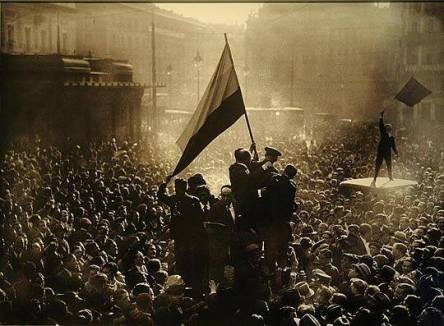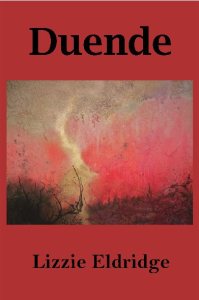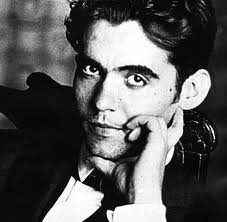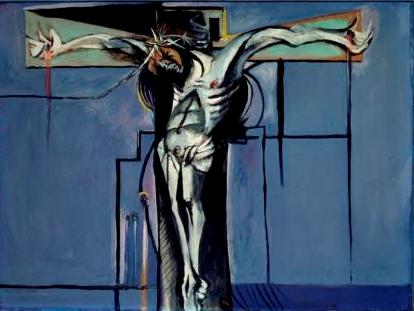
The 14th April 1931 saw the establishment of the Second Spanish Republic, and a real sense of optimism and hope for the future spread across Spain, a country which had suffered from a dictatorship, the insidious growth of right-wing extremism, ongoing civil unrest, a fervently oppressive Catholic Church, and the unsparing brutality meted out by the infamous Civil Guard.
The Second Spanish Republic was grounded in a constitution created by thinkers and intellectuals, people attempting to use logic, reason and notions of equality in order to bring into being a fairer better world. The Spanish philosopher, Ortega y Gasset, was instrumental in this and his words have a powerful resonance today:
To have an idea means believing one is in possession of the reasons for having it, and consequently means believing that there is such a thing as reason, a world of intelligible truths. To have ideas, to form opinions, is identical with such an authority, submitting oneself to it, accepting its code, and its decisions, and therefore believing that the highest form of intercommunication is the dialogue in which the reasons for our ideas are discussed.
Despite some of the Republic’s achievements – granting votes to women, legalising divorce, the reduction of church powers in relation to the state – within a year, the idealism enshrined in its values had effectively come apart. Ortega y Gasset washed his hands of the new government whose actions became as oppressive and corrupt as those they sought to overturn. As one character asserts in my novel Duende:
The Republic was founded on ideologies. It was inspired and created by the thinking people. The intellectuals. But it was Azaña who implemented the Law for the defence of the Republic, for Christ’s sake. A deliberate attempt to ensure that the order enshrined in Republican values was maintained, a move which went against everything that the Republic was supposedly about. We defend our liberty – no, we enforce it – through repression and oppression. They shot us down when we were crying out for the very freedom we were promised.

Duende by Lizzie Eldridge
The ultimate failure of the Second Spanish Republic paved the way for General Franco and his fascist forces to begin their assault on Spain in July 1936. Shortly after, the Spanish writer, Federico García Lorca, was shot dead by fascist soldiers in his home town of Granada.

Lorca was a writer who spoke of love and he spoke of love above all else. Lorca was also a homosexual whose sexuality was outlawed by the society in which he lived and worked. Lorca is a man who still lives and breathes through his words, through their everlasting beauty, and as a symbol – but never simply just a symbol – of the consequences of the forces of evil when they are wantonly unleashed upon the world.
It seems deeply pertinent that today is not only the anniversary of the establishment of the Second Spanish Republic but also marks Good Friday, a shameful remembrance of the crucifixion of goodness, however its significance is personally understood. It is the crucifixion of goodness that we remember and sadly, we remember this in a context which seems bitterly devoid of good.
The random absurdity of Donald Trump has now become a daily reality, his latest arbitrary action occurring only yesterday when the ‘mother of all bombs’ was released over Afghanistan. This is coupled with the news of the beating and torture of homosexual men in Chechnya. Just as Lorca was rounded up with other prisoners and taken to be shot, so, too, gay men in Chechnya are being treated in a similar way, with reports that some of these men may later have been killed.
All of this comes hard on the heels of Sean Spicer’s incredulous assertion that ‘someone as despicable as Hitler…didn’t even sink to…using chemical weapons’, deftly erasing the gas chambers and the Holocaust in one outrageous sweep.
So today, on Good Friday, we remember what for some is considered the greatest sin committed by so-called humanity: us. We atone for a crime that was committed in our name. The hope for resurrection has to wait and it seems that two thousand years later, we wait, and still we wait.
But I want neither world nor dream, divine voice,
I want my liberty, my human love
in the darkest corner of the breeze no one wants.
My human love!
Federico García Lorca
 Crucifixion by Graham Sutherland
Crucifixion by Graham Sutherland
A lovely, lovely piece Lizzie.
LikeLike
Thank you! And thank you very much for reading the piece.
LikeLike
Great post.
LikeLike
Thanks very much and I’m really glad you liked it!
LikeLiked by 1 person
Pingback: El Duende Pt 3/3 | Fictionspawn Monsters
Reblogged this on Truth Troubles.
LikeLike
Thanks for reblogging this post and I’m really glad it spoke to you 🙂
LikeLike